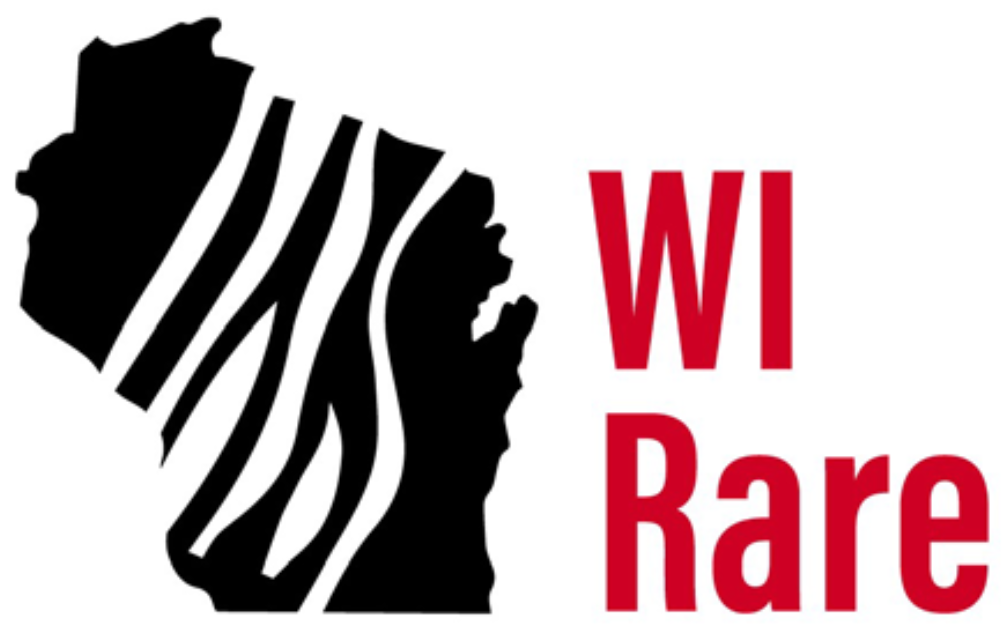 Cade is a vibrant nine-year-old boy in Wisconsin who is much more than his diagnosis of Prader-Willi Syndrome (PWS). His story is one of resilience, love, and the daily triumphs.
Cade is a vibrant nine-year-old boy in Wisconsin who is much more than his diagnosis of Prader-Willi Syndrome (PWS). His story is one of resilience, love, and the daily triumphs.
Cade’s journey with PWS began before he was even born. At 16 weeks of pregnancy, Katie, Cade’s mother, received a routine prenatal test which hinted at the possibility of down syndrome. When Cade was born, he was immediately different from other newborns. He was “floppy,” leading to his admission to the NICU just 24 hours after his birth. After 15 challenging days, a test confirmed what his family had suspected: Cade had PWS, which is a rare genetic disorder due to a deletion on his 15th chromosome. PWS is characterized by chronic hunger, growth hormone deficiency, and behavior challenges.
Living with PWS is a daily balancing act. Cade’s diet is strictly regulated, with no sugars or sweeteners allowed. To help combat some of those common characteristics of PWS, Cade has a very strict routine. He eats at specific times of the day, and his meals consist only of complex carbs and proteins. This diet is crucial for managing his condition, but it also sets him apart from his peers. When going over to a friend’s house or a birthday party, Cade has to be aware of his “special tummy” and stick to his daily eating routine.
Cade’s condition has also led to a number of physical challenges. One of these is that his palate muscles, which help in swallowing and speech, ran parallel to each other instead of crisscrossing as they typically should. This unusual arrangement led to a high-arched palate, a condition where the roof of the mouth is more narrow and taller than usual. To help with some of his palate issues, a plastic surgeon performed a procedure known as a furloughed z plasty. This is a surgical technique used to improve the function and appearance of scars, or in Cade’s case, to modify the structure of his palate. However, his palate is still high, and there are concerns that further adjustments might exacerbate his apnea, a condition where breathing repeatedly stops and starts during sleep, which can be a common issue in individuals with Prader-Willi Syndrome.
Despite the many challenges, Cade has been able to attend school, participate in therapy sessions, and even enjoy the same activities as his peers and siblings. His family has found ways to support him, teaching him about his “special belly” and how he is different. This has allowed Cade and his peers to learn about why he can’t eat specific foods, specifically sugar. Katie is extremely dedicated to raising awareness, which has been seen through advocating in Washington DC during Rare Disease Week and planning community events. Most recently, there was a library event in Cottage Grove where a book written about Katie and Cade’s story called “It Starts With Hello” was shared. This book aims to empower empathy among other children and educate them about Prader-Willi Syndrome.
Cade’s journey with PWS is a testament to his resilience and the love and support of his family. His story serves as a reminder that while PWS is a part of his life, it does not define him. Through sharing Cade’s story, we hope to raise awareness about Prader-Willi Syndrome and the daily realities of those living with this condition. You can learn more about Prader-Willi Syndrome by visiting the Prader-Willi Syndrome Association USA’s website pwsausa.org.


